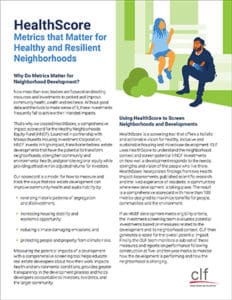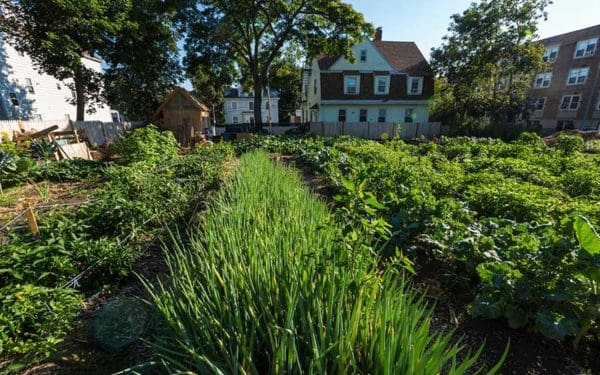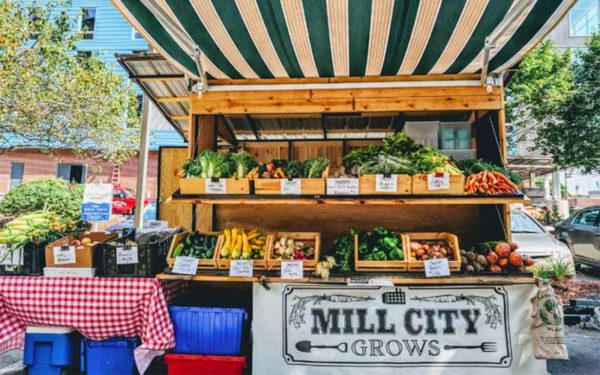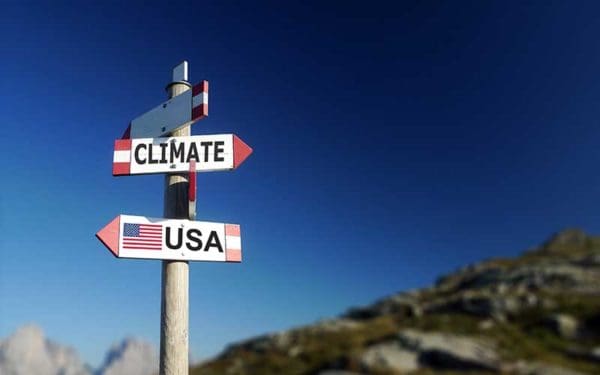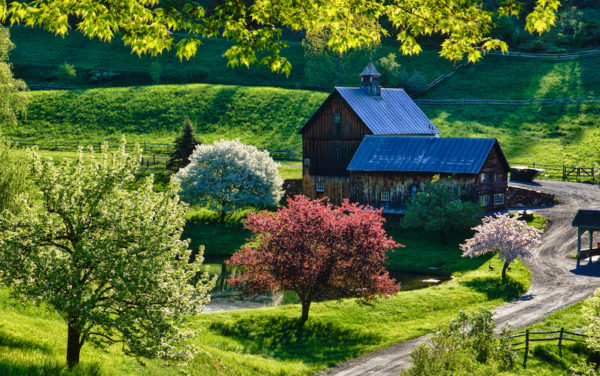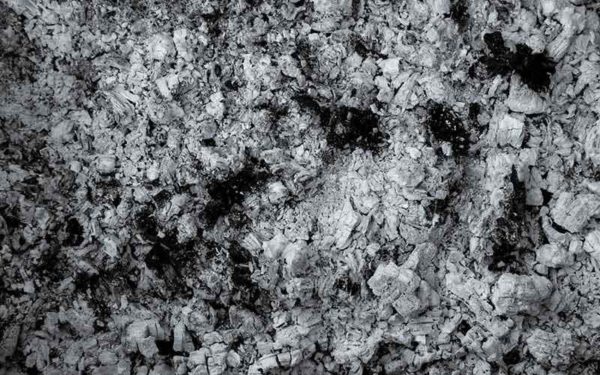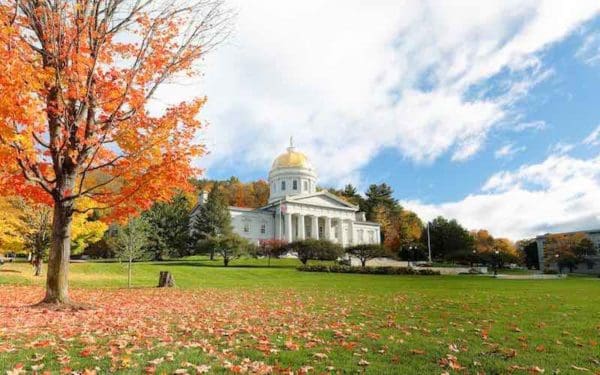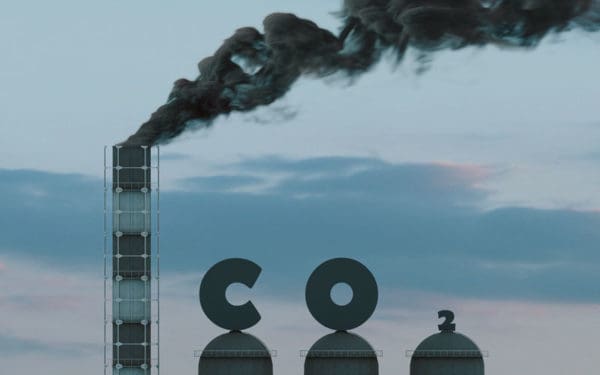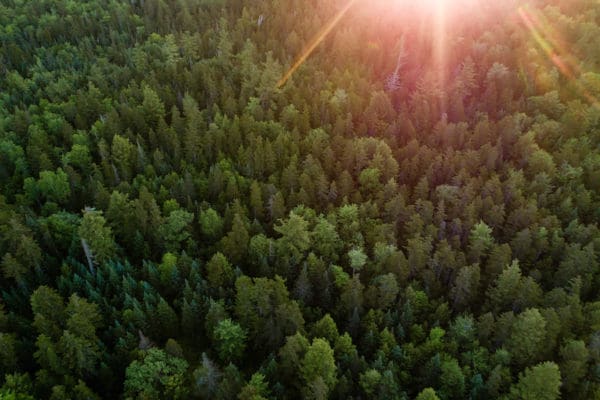Dec 29, 2021
HealthScore is a screening tool that offers a holistic and actionable vision for healthy, inclusive, and sustainable housing and mixed-use development. CLF uses HealthScore to understand neighborhood context and screen potential investments for its Healthy Neighborhoods Equity Fund. Our scorecard is a model for how to measure and track the ways that real estate development… Continue reading HealthScore Metrics
Dec 27, 2021
When combined with traditional local agriculture, urban agriculture provides a unique opportunity to build and strengthen a robust local food system. This is especially true here in New England, where interest in local food is booming, but easy and affordable access to it is still limited, especially for low-income urban residents.
Dec 23, 2021
Providing more access to land for farming in our cities will help accelerate urban agriculture and support low-income, people of color, immigrant, and New American farmers in search of land on which to grow.
Dec 09, 2021
It’s the most wonderful (and wasteful) time of the year! As retailers bombard your inbox this holiday season, we challenge you to think outside the box – literally. To help you out, we’ve crafted a list of our top Zero Waste gifts to give this year.
Dec 07, 2021
As we reflect on what went wrong at last month’s global climate conference, we can find hope in everything we’ve accomplished in New England. Our fight isn’t over yet.
Dec 03, 2021
Vermont just released a roadmap to reach the targets of our Global Warming Solutions Act. Let’s dive into some of what it got right and what needs more work.
Dec 02, 2021
Burying incinerator ash harms our health and environment. Yet, as New England’s incinerators limp on well past their lifespans, several ash landfills across the region want to expand.
Dec 01, 2021
“The climate crisis is putting Vermont’s communities at risk as we speak,” said Elena Mihaly, Vice President of CLF Vermont. “The Climate Action Plan is a huge first step in slashing polluting emissions, building smarter, and prioritizing communities overburdened by climate impacts. We’ll be pushing to make sure the implementation of the plan prioritizes cleaning up our transportation systems and transitioning to truly clean heat and electricity. Our homes, land, and critical resources can’t wait.”
Nov 18, 2021
An international climate conference in Glasgow just ended. It’s left me feeling frustrated and angry, but I know I can still find hope in local action.
Nov 12, 2021
Our forests, open spaces, farms, and ocean can help us fight the climate crisis if we responsibly manage and conserve them. It’s time for Congress to invest in natural climate solutions now.
